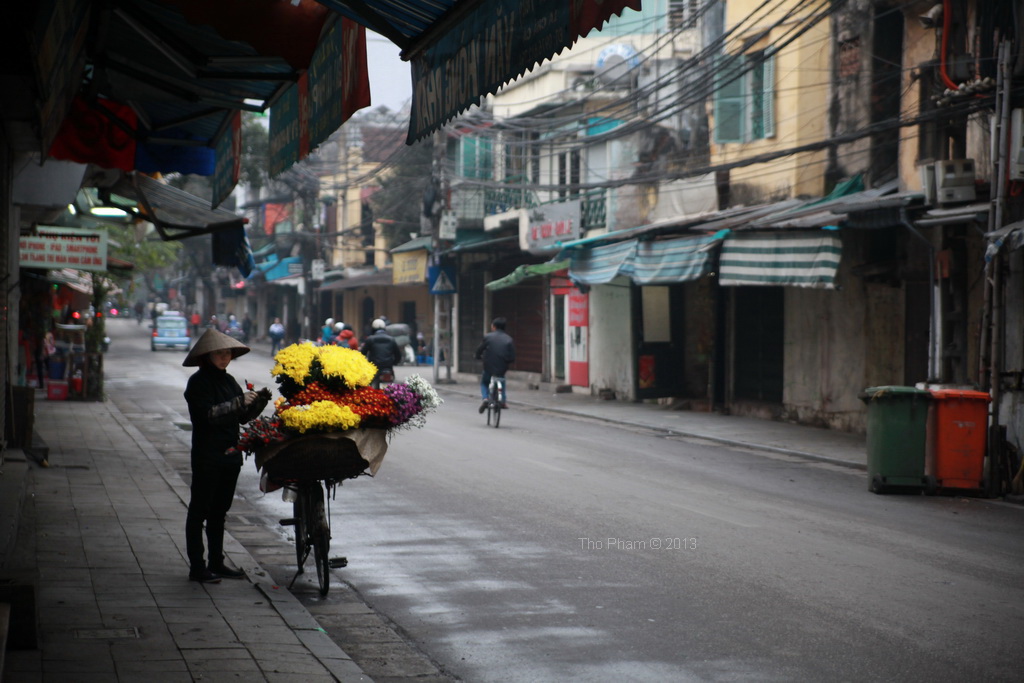Asian lifestyle is influenced by the diverse cultures and traditions of the various countries in Asia, which include China, Japan, Korea, India, Thailand, Vietnam, and many others. While there are differences among Asian countries, some common aspects of Asian lifestyle include:
- Family values: Family plays a central role in Asian cultures, with a strong emphasis on filial piety, respect for elders, and close family ties. Multi-generational households are common, and family members often provide support and care for each other.
- Respect for traditions and customs: Asian cultures often place a high value on traditions, customs, and etiquette. Respect for elders, adherence to social norms, and following cultural practices are important aspects of Asian lifestyle.
- Emphasis on education: Education is often highly valued in Asian cultures, and there is a strong emphasis on academic achievement and excellence. Many Asian families place a high priority on education and may invest significant resources in their children’s education.
- Work ethic: Asians are often known for their strong work ethic, with an emphasis on hard work, perseverance, and dedication to one’s career. Long working hours and a commitment to professional success are often valued in Asian cultures.
- Mindfulness and spirituality: Many Asian cultures place importance on mindfulness, meditation, and spirituality. Practices such as Buddhism, Confucianism, Taoism, and yoga are often integrated into daily life, promoting mental and physical well-being.
- Food culture: Food holds a significant cultural importance in many Asian countries. Asian cuisine, with its diverse flavors, ingredients, and cooking techniques, is often considered an integral part of Asian lifestyle, and communal dining and sharing meals with family and friends are common social practices.
- Social harmony: The concept of social harmony, where maintaining harmonious relationships within the community and avoiding conflict is valued, is often emphasized in Asian cultures. Respect for others, avoiding confrontation, and finding balance are important aspects of Asian lifestyle.
- Traditional festivals and celebrations: Asian countries are known for their rich traditions and vibrant festivals, such as Chinese New Year, Diwali, Lunar New Year, and Songkran, which are often celebrated with elaborate rituals, colorful decorations, and festive gatherings.
- Respect for elders: In many Asian cultures, respecting and honoring elders is considered important, and elders are often regarded as the wise and authoritative figures in the family and society. Taking care of elderly family members and seeking their guidance and advice is often valued.
- Collective mindset: Many Asian cultures emphasize the collective mindset, valuing community and group harmony over individualism. This can be seen in various aspects of life, including decision-making, social interactions, and cultural practices.
It’s important to note that Asian lifestyle can vary greatly within and across countries, and not all aspects may apply universally. Lifestyle practices can also change over time as societies evolve and adapt to modern influences. Nonetheless, these are some common aspects that are often associated with Asian lifestyle and contribute to the rich and diverse cultures and traditions of Asia.




